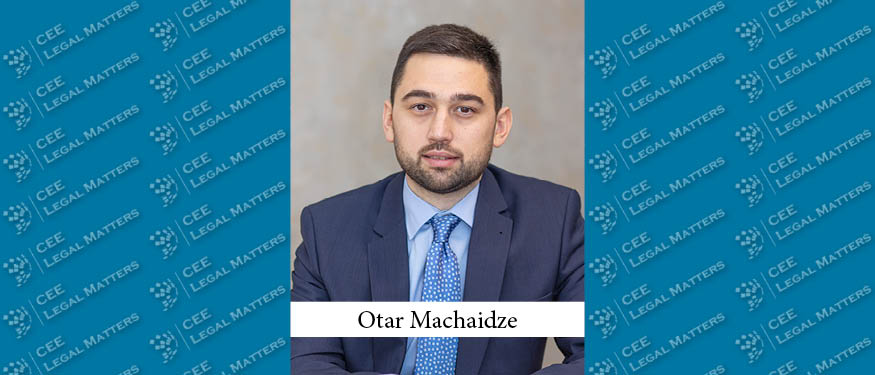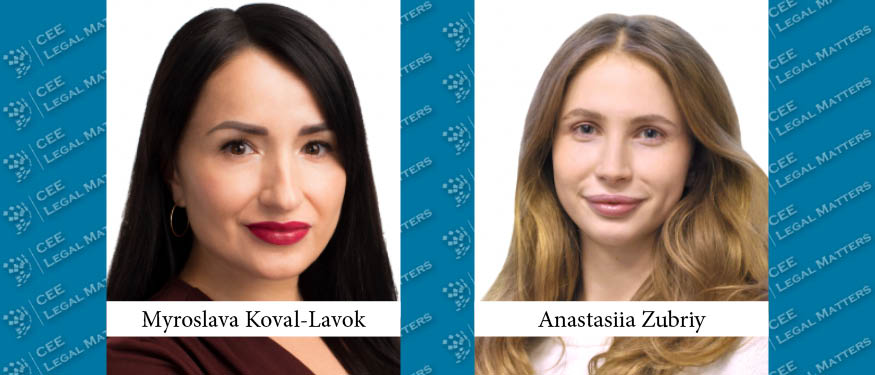Georgia’s political and judicial challenges are impacting lawyers, particularly with attempts to introduce FARA-style regulations in a way that could restrict their work, according to J&T Consulting Partner Otar Machaidze. Legal work is stagnating and businesses are waiting for stability while the new convention on lawyers offers a rare glimmer of hope.
“The political situation in Georgia is extremely challenging, and it has a significant impact on lawyers’ daily work,” Machaidze explains. “The judiciary, in particular, is struggling, becoming increasingly aggressive and unwelcoming. Lawyers who participate in anti-government protests or represent protesters often face administrative charges, forcing them to balance their duty to defend their clients’ rights while also protecting themselves.”
“the government appears to be manipulating the concept of the US FARA law, attempting to apply it not only to media and NGOs but to legal professionals,” he adds. “Under this approach, if a lawyer works on projects involving international clients, or engages in negotiations with the government or public officials, they would be required to declare it under FARA-like legislation.”
“There have been troubling cases where judges annulled arbitration awards, undermining the credibility of arbitration as a dispute resolution mechanism,” Machaidze adds. “If a lawyer is a listed arbitrator at an arbitration institution, the courts of appeals have used that as grounds to invalidate arbitration agreements. This practice contradicts international legal standards, as well as a decision of the Georgian Supreme Court, but still, the Court of Appeal, has already ruled in at least three cases, making controversial decisions that have been widely criticized by the legal/arbitration community.” He further states that “the situation is even more difficult because the legal profession in Georgia is relatively small, and many lawyers who are also arbitrators are engaged in active discussions about these issues.”
At the moment, Machaidze states, there is little optimism about the future. “The only piece of good news is that the Council of Europe has recently adopted a new convention on lawyers, but it remains uncertain whether the Georgian government will ratify it,” he notes. “In one recent case, a judge was considering fining lawyers who were actively defending their clients and protesting due process violations, but the Bar Association’s Ethics Commission refused to take disciplinary action against them, which was a rare positive outcome.”
From a business perspective, Machaidze emphasizes that the legal market has been stagnant. “While law firms continue to provide services to their corporate clients, there have been no new projects in the past three to four months,” he points out. “Businesses are closely monitoring the situation, but they are unlikely to make any major decisions until the political and judicial environment stabilizes.”














